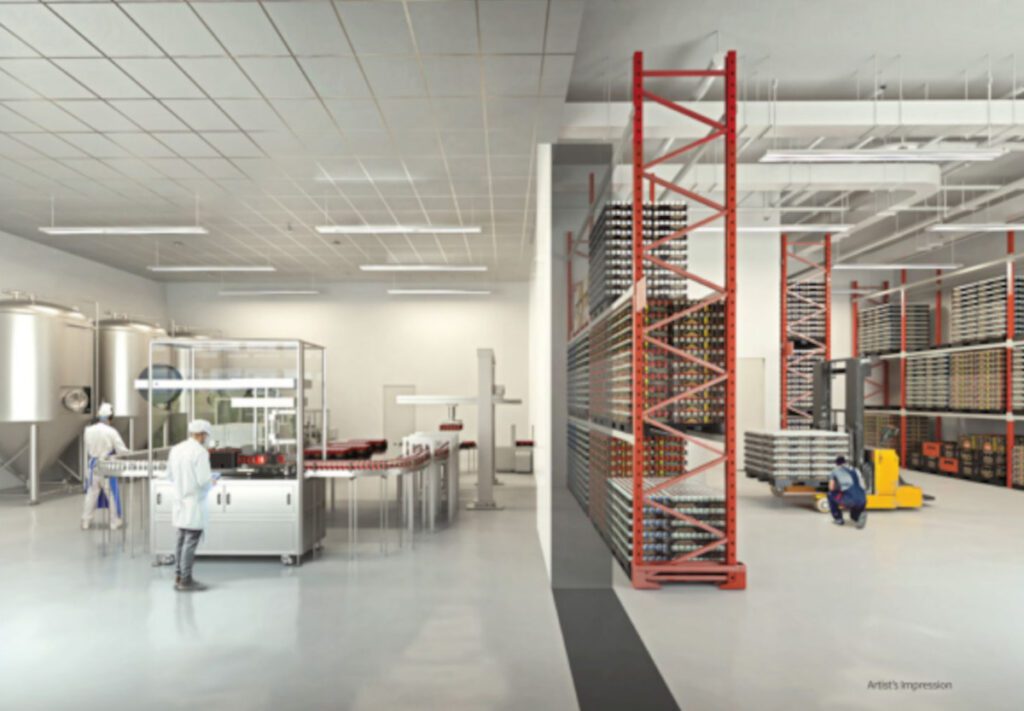The decision to buy or rent a food factory for your own use depends on various factors, including your financial situation, long-term business goals, and the specific needs of your food manufacturing operations. Here are some considerations to help guide your decision-making process:
1. Financial Considerations:
- Buying:
- Pros:
- Potential for building equity in real estate.
- Long-term cost stability if mortgage rates are fixed.
- Potential for property appreciation over time.
- Cons:
- High upfront costs, including down payment and closing costs.
- Ongoing expenses, such as property taxes, maintenance, and insurance.
- Limited flexibility if the business outgrows the space or if market conditions change.
- Pros:
- Renting:
- Pros:
- Lower upfront costs with no need for a substantial down payment.
- Greater flexibility to relocate or expand based on business needs.
- Limited responsibility for property maintenance and repairs.
- Cons:
- Monthly rental payments without the potential for equity buildup.
- Subject to potential rent increases over time.
- Less control over the property compared to ownership.
- Pros:
2. Business Flexibility:
- Buying:
- If you have a stable and predictable business, buying may provide a sense of permanence and control over your facility.
- Renting:
- If your business is still evolving or if flexibility is a priority, renting offers the ability to easily relocate or adjust the size of your space.
3. Growth and Expansion:
- Buying:
- If you anticipate long-term growth and stability, owning a facility may provide the security and ability to expand the property as needed.
- Renting:
- Renting offers flexibility in adjusting your space requirements based on business growth or changes in demand.
4. Market Conditions:
- Buying:
- Consider current real estate market conditions, interest rates, and property values. It may be advantageous to buy during a buyer’s market.
- Renting:
- In a competitive real estate market or if property values are high, renting may be a more cost-effective short-term solution.
5. Operational Control and Customization:
- Buying:
- Ownership provides greater control over the property, allowing for customization and modifications tailored to your business needs.
- Renting:
- Modifications to a rented space may be limited, and you may need landlord approval for significant alterations.
6. Exit Strategy:
- Buying:
- Selling a property is a more involved process than terminating a lease. Consider your exit strategy if your business needs change.
- Renting:
- Exiting a lease is generally more straightforward and can be done with less financial and legal complexity.
7. Duration of Use:
- Buying:
- If you plan to use the facility for an extended period, buying may offer long-term cost savings.
- Renting:
- Renting may be more suitable for short-term needs or if there’s uncertainty about the duration of use.
Ultimately, the decision to buy or rent a food factory should align with your business strategy, financial capacity, and growth plans. It’s advisable to consult with real estate professionals, financial advisors, and legal experts to make an informed decision based on your specific circumstances.
